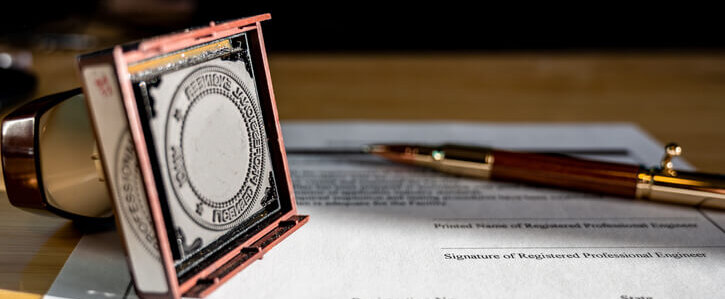It often takes years of hard work and money to obtain professional licenses and credentials, but the payoff is typically higher salaries and more employment opportunities.
However, if you’re going through a divorce, it’s important to know whether your spouse has any claim to your professional licenses and credentials. And by extension, you need to find out whether you can protect your professional licenses and credentials in a divorce. The answers, if you live in New York, may surprise you.
Professional Licenses and Credentials and Marital Property
For many years, New York law held firm that professional licenses, such as attorney and physician licenses, were considered marital property when earned during the course of a marriage. However, sweeping changes to property designations that occurred going into 2016 would mark the start of professional licenses and credentials being classified as separate property.
These designations are important because separate property is not subject to property division during a divorce. Before 2016, when professional licenses and credentials were considered marital property, the courts would often struggle to place values on them due to a lack of statutory guidance.
Professional Licenses and Credentials Post-2015
Since 2015, judges no longer consider professional licenses and credentials as property that needs to be divided. Nor will they consider the enhanced earning power stemming from the license when working to divide marital property.
However, judges may still consider factors related to the professional license, such as time or money contributed by one spouse to another. For example, if a spouse helped pay for their partner’s tuition or picked up the slack in household tasks so that their partner could study, a judge will take these actions into consideration, as they are essentially sacrifices made by one spouse for the enhanced earning benefit of the other.
Additionally, the salary that is ultimately earned by the spouse with the professional license or certificate may also factor into decisions relating to spousal and child support. Contributions made by one spouse to the spouse seeking licensure might also play into spousal support decisions.
Protecting Professional Licenses and Credentials During Divorce
The first step to protecting professional licenses and credentials during a divorce is retaining the services of an experienced family law attorney in Garden City, NY. Once you explain your circumstances, they will consider what your options are and take action.
In all cases, the earlier you speak with an attorney, the better your chances at a favorable outcome. In fact, establishing pre- and postnuptial agreements long before a divorce is on the horizon is among the most effective ways to protect your license or certificate.
Your attorney can help you craft an agreement that deals with the reimbursement of the spouse who contributed time and money to the obtaining of the license. Doing so confers a high level of control over issues that may arise with your license during a divorce.
At the end of the day, the law holds that your professional licenses and credentials are yours and yours alone. But it also commands that spouses be permitted to share in some of the wealth created by the license, even though professional licenses are not seen as marital property in the state anymore.
Protect Your Future With an Experienced Garden City, NY, Divorce Lawyer
Licenses and credentials help people access better, high-paying jobs in places like Garden City, NY. Your professional future is important to Aiello & DiFalco, and in the event of a divorce, we’ll fight to protect your interests. Call us today to discuss your case.
